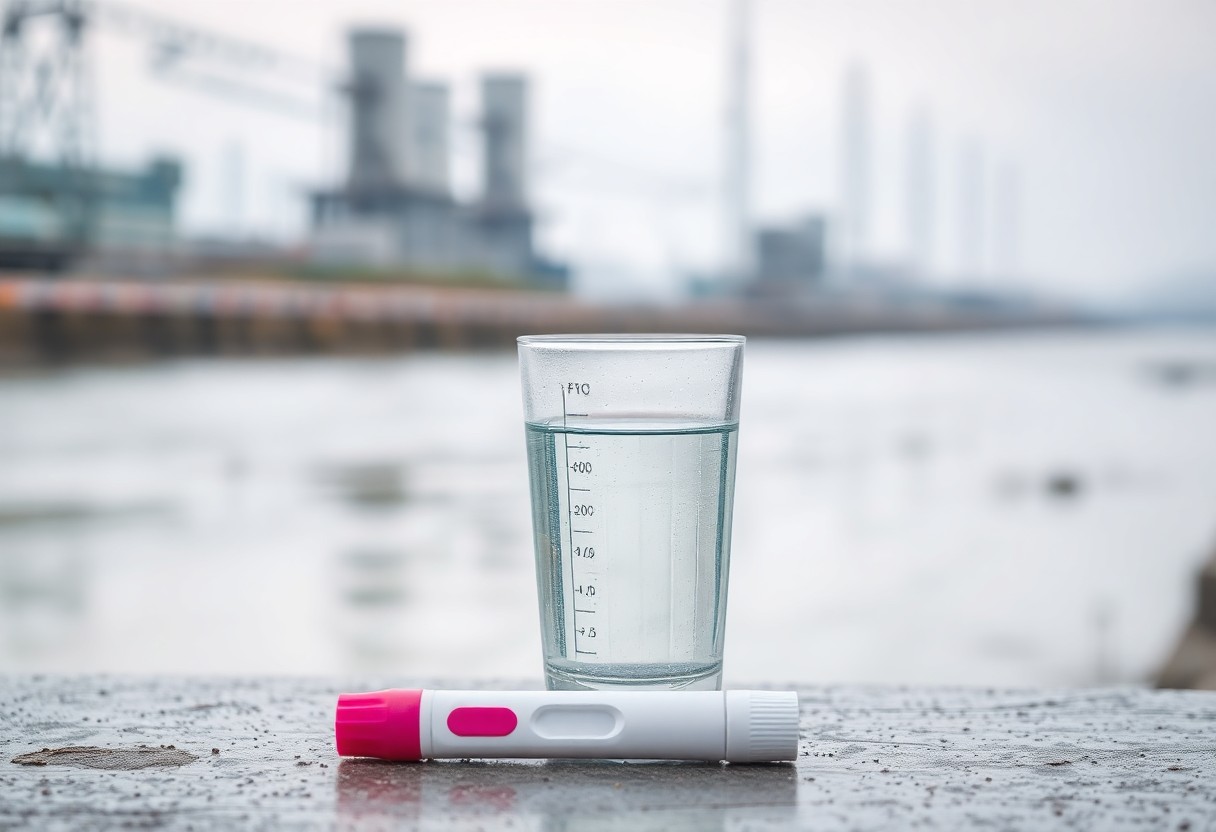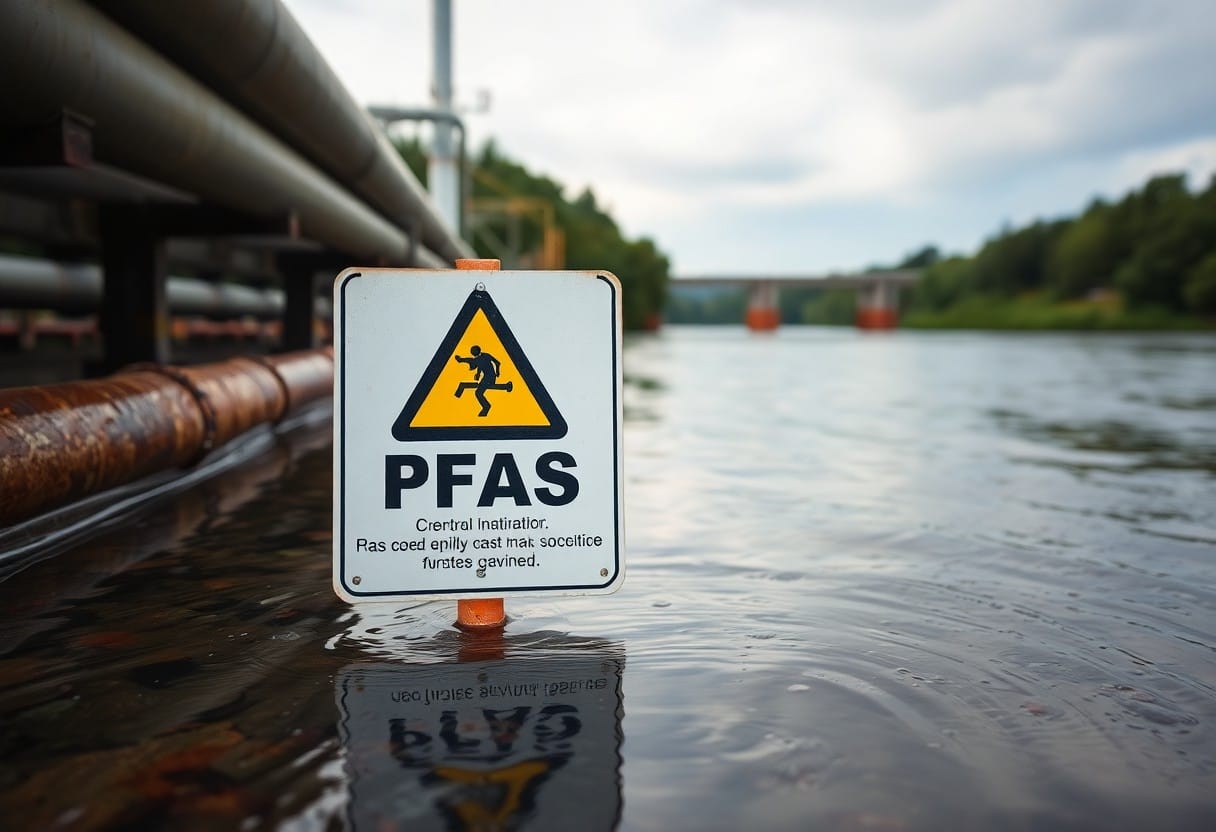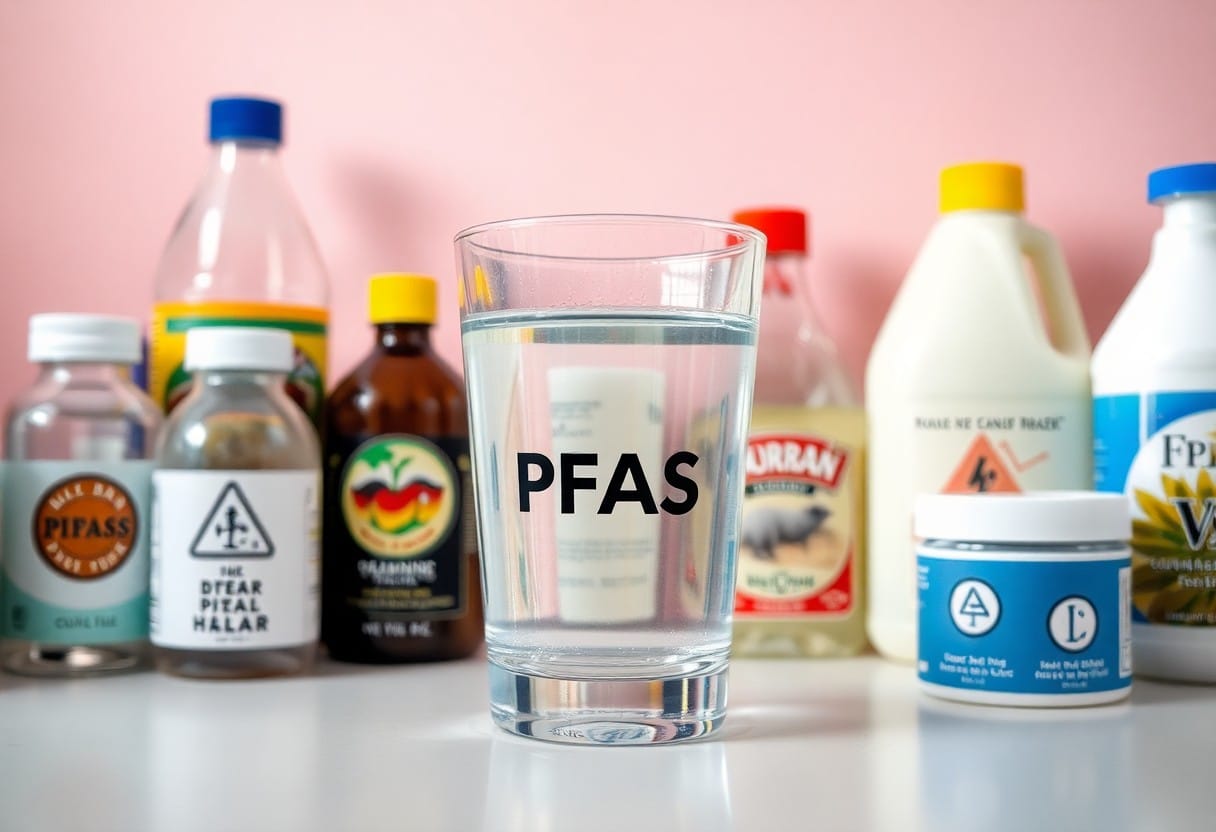Many individuals are becoming increasingly concerned about the health effects of PFAS (per- and polyfluoroalkyl substances), toxic chemicals found in various products and environments. If you suspect that you have been exposed to PFAS, it is imperative to understand whether you may have grounds for legal action. This post will explain five key signs that indicate you could qualify to sue for PFAS exposure, helping you navigate your rights and potential compensation options effectively.

Understanding PFAS
The term PFAS, or per- and polyfluoroalkyl substances, refers to a group of man-made chemicals that have been widely used since the 1940s in various industrial applications and consumer products. Known for their water- and grease-resistant properties, these chemicals are present in items such as non-stick cookware, food packaging, and stain-resistant fabrics. However, their persistence in the environment often leads to contamination of soil and water sources, raising significant health concerns.
What are PFAS?
With their unique chemical structure, PFAS are often called “forever chemicals” due to their inability to break down easily in the environment. These substances can accumulate in your body over time, potentially leading to serious health effects, including hormonal disruptions and an increased risk of certain cancers. Understanding what PFAS are is crucial for recognizing their potential risks to your health and the environment.
Sources of PFAS Exposure
Along with their presence in consumer products, PFAS can be found in various sources, including contaminated drinking water, air, and food. It’s also important to note that some industries, such as firefighting and manufacturing, may be significant contributors to environmental PFAS contamination.
Considering your exposure to PFAS, you should be aware that contaminated drinking water is one of the most significant sources, especially if you live near industrial sites or areas where firefighting foam has been used. Additionally, food packaging materials may contain these harmful chemicals, posing a risk every time you consume packaged foods. Finally, household dust can accumulate PFAS from products like stain-resistant carpets and upholstery, further increasing your exposure risk. Being informed about these sources can help you make more conscious choices to minimize exposure.
Health Effects of PFAS
Some studies indicate that exposure to PFAS—often referred to as “forever chemicals”—can result in a variety of adverse health effects. These compounds can accumulate in your body over time and may interfere with hormonal systems, weakening your immune response and increasing the risk of certain diseases. Understanding these health risks is important for determining the potential need for legal action.
Short-Term Health Risks
Risks associated with short-term exposure to PFAS might include skin irritation and symptoms resembling allergic reactions. While these effects are usually mild compared to long-term risks, they can still significantly impact your daily life and well-being.
Long-Term Health Risks
Around 95% of people have detectable levels of PFAS in their blood, raising concerns about long-term health implications. Chronic exposure is linked to serious health conditions, including kidney and testicular cancers, thyroid disease, and high cholesterol. Additionally, PFAS can adversely affect your immune system, potentially leading to reduced vaccine effectiveness and increased susceptibility to infections.
To fully understand the long-term health risks, it’s important to consider that PFAS exposure has been associated with developmental issues in infants and children, such as delayed growth and reduced fertility in adults. These potential outcomes emphasize the need for vigilance and possible legal recourse if you’ve been exposed. If you suspect that PFAS contamination has affected your health, taking action may be vital to protect your future well-being.
Legal Grounds for PFAS Lawsuits
Assuming you have experienced health issues potentially linked to PFAS exposure, it is vital to understand the legal grounds for filing a lawsuit. You may claim damages based on several factors, including negligence, strict liability, or failure to warn. Establishing how companies or manufacturers contributed to your exposure can significantly affect the outcome of your case and your ability to recover damages.
Proving Exposure
Grounds for proving PFAS exposure often involve documenting the sources of contamination and your history of contact with PFAS materials. You should collect evidence, such as environmental tests, workplace safety reports, or medical diagnoses, to support your claims. This information will establish a clear link between your exposure and the sources of PFAS in your environment.
Establishing Harm
Any successful PFAS lawsuit requires demonstrating that you have suffered harm as a direct result of your exposure. This harm can include physical ailments, emotional distress, or diminished quality of life. To strengthen your case, gathering medical records, expert testimony, and documentation of your personal experiences is vital.
The harm caused by PFAS exposure can vary from serious health conditions, such as cancers and immune system issues, to reproductive problems and more. You may find it necessary to consult with qualified experts who can assess your medical condition and provide evidence linking your health issues to PFAS exposure. This will not only affirm your claims but also help establish the extent of damages you may seek in your lawsuit.
Signs You Qualify for a Lawsuit
Many individuals may qualify for a lawsuit due to PFAS exposure if they meet specific criteria. These signs can help determine whether you have a viable claim, potentially allowing you to seek compensation for health issues related to harmful chemicals. Understanding these signs is vital in assessing your legal options.
Medical Diagnosis
For a successful case, you should have a medical diagnosis indicating an illness linked to PFAS exposure. Common conditions include kidney cancer, testicular cancer, and other serious health problems. A solid diagnosis can strengthen your claim and demonstrate the impact of your exposure.
Documented Exposure
Medical records demonstrating documented exposure to PFAS are vital for your case. This can include evidence of living near contamination sites, consuming contaminated water, or using products containing PFAS. Such documentation helps establish a clear connection between your exposure and health issues.
Another important aspect to consider is acquiring detailed evidence of your exposure history. Types of documentation include environmental reports, safety data sheets, or even witness statements regarding the use of PFAS at worksites or in your community. This strong evidence can significantly bolster your legal standing in a lawsuit.
Location-Based Risks
An association between your location and known PFAS contamination can support your case. If you reside near military bases, industrial sites, or areas known for improper waste disposal that releases PFAS, you may have a stronger claim.
Plus, recognizing the significance of location in PFAS exposure is vital. Areas with a history of contamination report a higher incidence of related health issues. Therefore, understanding your geographical risk factor can enhance your ability to build a persuasive claim relating to your health outcomes.
Duration of Exposure
Medical evidence of the duration of exposure to PFAS can also significantly impact your case. Prolonged exposure typically correlates with more severe health problems and increases the likelihood of a successful lawsuit.
This factor highlights the importance of assessing how long you may have lived near contamination sites or used PFAS-laden products. The longer the duration, the higher the chance that your health has been adversely affected, thus strengthening your potential claim.
Impact on Quality of Life
Documented effects on your quality of life due to PFAS-related health issues can further substantiate your claim. If your symptoms interfere with daily activities, work, or overall well-being, this can play a vital role in your lawsuit.
Qualify for compensation becomes more attainable if you provide evidence of how PFAS exposure has diminished your quality of life. This can include lost wages, ongoing medical treatments, or emotional distress, all of which are valid components to seek damages in your lawsuit.
Gathering Evidence for Your Case
Your success in a PFAS exposure lawsuit largely depends on the evidence you can gather. This evidence can establish a link between your exposure and the health effects you’ve suffered. You’ll need to compile personal accounts, documents, and expert testimonies that can substantiate your claims. From medical records to environmental testing reports, all details can play a vital role in building a strong case.
Medical Records
Beside your personal testimony, your medical records serve as a key piece of evidence in demonstrating the health impacts of PFAS exposure. These records should detail your medical history, diagnoses, and treatments, establishing a clear connection between your health issues and potential exposure to these hazardous chemicals.
Environmental Testing
With environmental testing, you can gather solid evidence about the presence of PFAS in your surroundings. This includes water, soil, and air samples taken from your vicinity, which can help demonstrate how these toxins have infiltrated your environment and ultimately impacted your health.
It is imperative to engage certified professionals to conduct environmental testing, as their findings can provide scientific proof of PFAS contamination. Test results can reveal frontline data regarding contamination levels and sources, making it a valuable asset in your case. These documents are especially important since they can layer the foundation of your claims, showcasing the urgent need for accountability from parties responsible for the pollution and protecting your right to a safe environment.
Legal Resources and Support
Now that you’ve determined you may qualify to sue for PFAS exposure, it’s important to familiarize yourself with the legal resources and support available to you. Legal databases, research materials, and online forums can provide valuable information regarding your rights and the legal process. Accessing these resources may empower you to make informed decisions about your potential lawsuit and connect you with others who share similar experiences.
Finding a Lawyer
Below are some effective ways to find a lawyer who specializes in environmental law and PFAS cases. Begin by researching local law firms that have experience dealing with toxic tort claims. You can also seek recommendations from friends, family, or online legal platforms. Ensure that you schedule consultations to discuss your circumstances, assess their expertise, and understand their fee structures to choose the best fit for your case.
Support Groups and Organizations
One of the most beneficial steps you can take is engaging with support groups and organizations focused on PFAS exposure. These groups typically offer resources, advocacy, and community for those affected, enabling you to share your stories and experiences with others who understand your plight. Many organizations also provide information on legal rights, health impacts, and ongoing research into PFAS contamination.
Another effective option is to connect with organizations that focus on environmental health and justice, as they often host educational webinars and workshops. Participating in their activities can help you stay informed about ongoing legal battles and community initiatives. Additionally, these organizations frequently offer emotional and psychological support, which can be invaluable if you’re dealing with the stress of potential health consequences from PFAS exposure. Engaging with these communities can lead to a sense of empowerment and solidarity as you navigate your path towards justice.
Final Words
From above, it is clear that if you have been exposed to PFAS and experienced health issues, you may have a valid case for legal action. Understanding the signs that qualify you for a lawsuit can empower you to seek the justice you deserve. Keep track of your exposure, document your health concerns, and consult with a knowledgeable attorney for guidance. By taking these steps, you can navigate the legal process more effectively and advocate for your rights in the face of PFAS contamination.



















